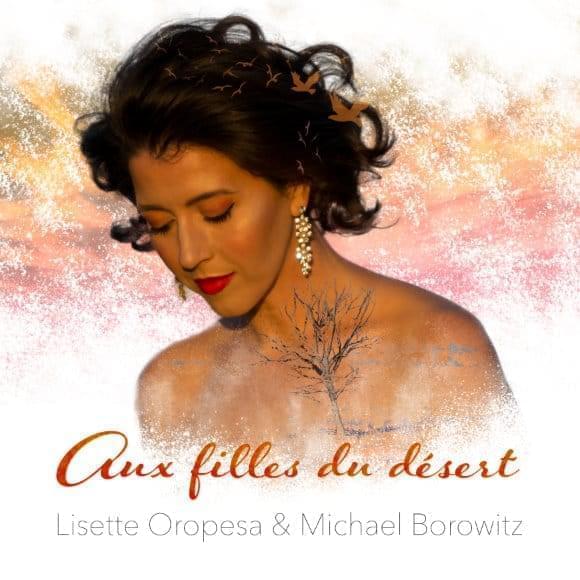Aux filles du désert
A woman’s love is like a desert. Aux filles du désert comes from one of the most moving lines in Bizet’s song “Adieux de l’hôtesse arabe.” This song is about an Arabic woman, who has spent a bit of time with a man who was a wandering traveler, and passed through her harem. I feel so much sadness, longing, and bitterness in the text of her goodbye to him; it feels as though she is trapped and her love for him was a temporary escape, and she very much wanted him to stay in this exotic place…a place where he could have been served, cared for, and loved. For him at least, this would have been a luxury, though for her it is more likely a place of sacrifice and servitude. She tells him to never forget the daughters of the desert, the sweet voiced sisters who dance barefoot on the dunes. The way this poem is set by Bizet is masterful, and I can picture the very place in my mind whenever I sing it.
This recital was performed first in Arizona, and the setting is the American version of what Bizet's specific place might have been. To me every desert is magical. There is a sense of isolation, of great power, of extremes…and often that’s what I feel in performance; a great energy, extreme emotions, and beautiful musical landscapes. The desert may call to mind a place of scarcity, but to me it is the total opposite…it is a place of wonder and richness. A woman’s love is like a desert. All of these songs are about the depth of a woman’s love, and they are all mini landscapes, rich and beautiful, and full of wonder.




